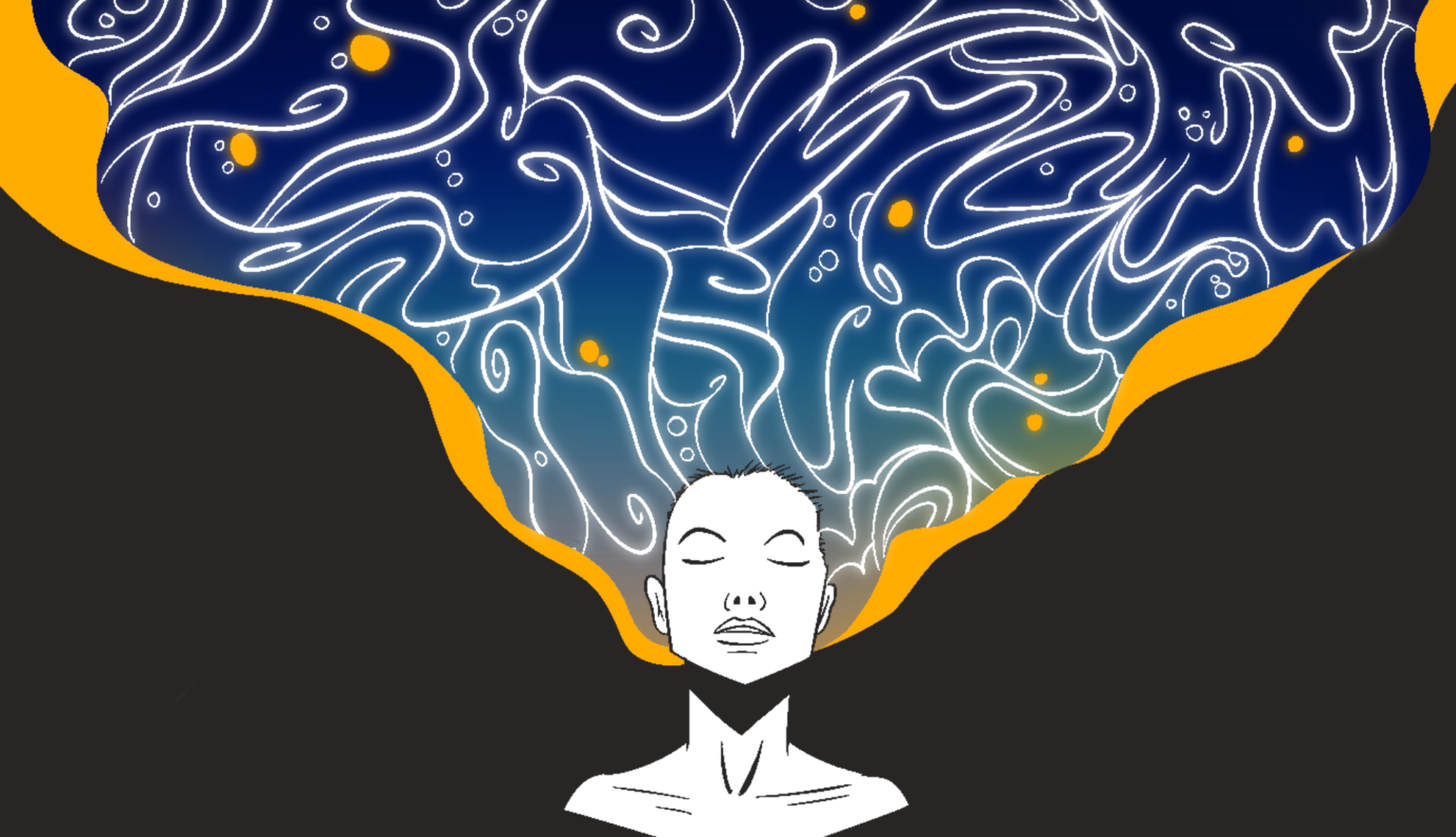Dreaming is a complex and often mysterious phenomenon that has puzzled scientists and psychologists for centuries. While we still don’t fully understand the science behind dreaming, one question that has intrigued many people is whether or not it’s possible to dream in another language.
The answer is yes, it is possible to dream in another language. Our dreams are often influenced by our experiences, memories, and the language we use in our daily lives. So if you are bilingual or multilingual, you may find that you dream in different languages depending on the context of the dream.

In fact, studies have shown that people who are fluent in more than one language are more likely to dream in different languages. This is because the language used in our dreams is often influenced by the language we most recently used before falling asleep or by the language that is most emotionally charged or relevant to the dream content.
For example, if you were speaking Spanish with a friend before going to bed and had a dream about that conversation, it’s likely that your dream would be in Spanish. Alternatively, if you were watching a movie in English before going to bed, your dream might be in English instead.
Interestingly, the language used in our dreams can also reveal insights into our emotional state and how we perceive different languages. For example, a study published in the Journal of Sleep Research found that people who are more emotionally attached to their second language are more likely to dream in that language. This suggests that the language we use in our dreams can be influenced by our emotional attachment to different languages.
It’s also worth noting that some people who are learning a new language have reported dreaming in that language as a way of practicing and improving their language skills. While this may be an effective way to reinforce language learning, it’s not a reliable method and should not be relied upon as a sole means of language acquisition.
In conclusion, the language used in our dreams is often influenced by our experiences and emotions, as well as the language we use in our daily lives. For bilingual and multilingual individuals, it’s common to dream in different languages depending on the context of the dream. While dreaming in another language can reveal insights into our emotional attachment to different languages, it should not be relied upon as a means of language acquisition.




